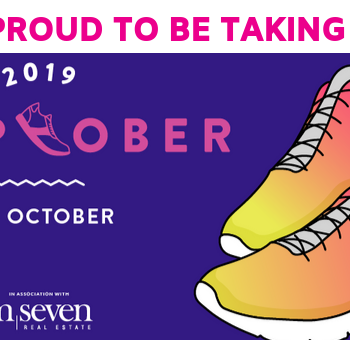Japanese Knotweed: Could your property be at risk?
- October 2, 2019
- 1,531 views

Japanese knotweed is often referred to as the most invasive non-native plant. Although originally used as an ornamental plant enhance residential gardens, the plant was more recently used to stabilise loose soil in Welsh coal mining valleys and offer a disguise to railway embankments in the area.
In its original habitat of Japanese volcanic landscapes, the plant was only able to survive thanks to its deep root system. However, here in the UK there is nothing like this to fight against, meaning Japanese Knotweed can prosper unabated with its roots tunnelling 3m deep and 7m wide. This is what gives the plant is infamous reputation of wrecking property foundations, drainage systems and sewers in its path.
Often confused for honeysuckle, chameleon plants or Russian vine, Japanese knotweed can be recognised by its spade-shaped leaves and cream-coloured flower. However, don’t let its appearance fool you; it is a civil offence to let it grow and you could be fined for damages! If you plan to sell land that is currently contaminated by Japanese knotweed, you must state it in a TA6 form available from your conveyancers. This must be done to avoid disputes with your buyers later in the process.
So, what do you do if you find your property or land has ravaged by Japanese knotweed?
The RICS Japanese knotweed information paper suggests there are 4 different removal and treatment methods.
- Excavation of the plant and its roots and soil – these are removed to an off-site, licensed waste management facility.
- On-site burial and or encapsulation with membranes – covered with 5m or more of overburden or the use of a specialist membrane. The use of an on-site barrier is a popular technique if knotweed encroaches from a neighbour’s land.
- Biological control – involves introducing a pest species that will attack and control the Japanese knotweed.
- Chemical control – involves the use of special herbicides over several growing seasons. This is usually the cheapest method but can take several years to become effective.
Japanese knotweed is prevalent throughout the UK and coastal areas of Ireland – it’s more common than you think, so make sure you aren’t hoarding some on your property or land. If you would like to speak to one of our experts on this subject, contact us on cs2@cs2.co.uk or call us on 0333 2000 838 and we’d be happy to help!




0 Comments